To provide the best experiences, we use technologies like cookies to store and/or access device information. Consenting to these technologies will allow us to process data such as browsing behaviour or unique IDs on this site. Not consenting or withdrawing consent, may adversely affect certain features and functions.
The technical storage or access is strictly necessary for the legitimate purpose of enabling the use of a specific service explicitly requested by the subscriber or user, or for the sole purpose of carrying out the transmission of a communication over an electronic communications network.
The technical storage or access is necessary for the legitimate purpose of storing preferences that are not requested by the subscriber or user.
The technical storage or access that is used exclusively for statistical purposes.
The technical storage or access that is used exclusively for anonymous statistical purposes. Without a subpoena, voluntary compliance on the part of your Internet Service Provider, or additional records from a third party, information stored or retrieved for this purpose alone cannot usually be used to identify you.
The technical storage or access is required to create user profiles to send advertising, or to track the user on a website or across several websites for similar marketing purposes.
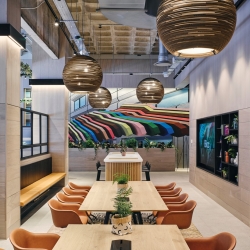





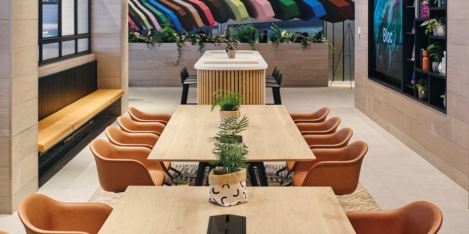

 Ricoh UK has published a report called
Ricoh UK has published a report called 
 The
The 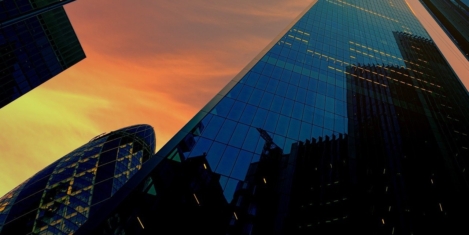
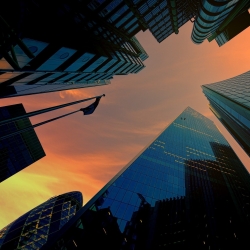 The so-called green agenda, sustainability and climate change have finally hit centre stage. Various announcements are being made by UK Government and numerous high profile figures are crying a call to action to implement carbon reduction plans now. Lord Mayor of the City of London, Alderman William Russell, stated at the
The so-called green agenda, sustainability and climate change have finally hit centre stage. Various announcements are being made by UK Government and numerous high profile figures are crying a call to action to implement carbon reduction plans now. Lord Mayor of the City of London, Alderman William Russell, stated at the 


 Despite having to get up earlier, commute, and the heightened risk of Covid-19 transmission in the office, almost five million UK employees are considering ditching working from home this winter, due to concerns around rising energy costs.
Despite having to get up earlier, commute, and the heightened risk of Covid-19 transmission in the office, almost five million UK employees are considering ditching working from home this winter, due to concerns around rising energy costs. 
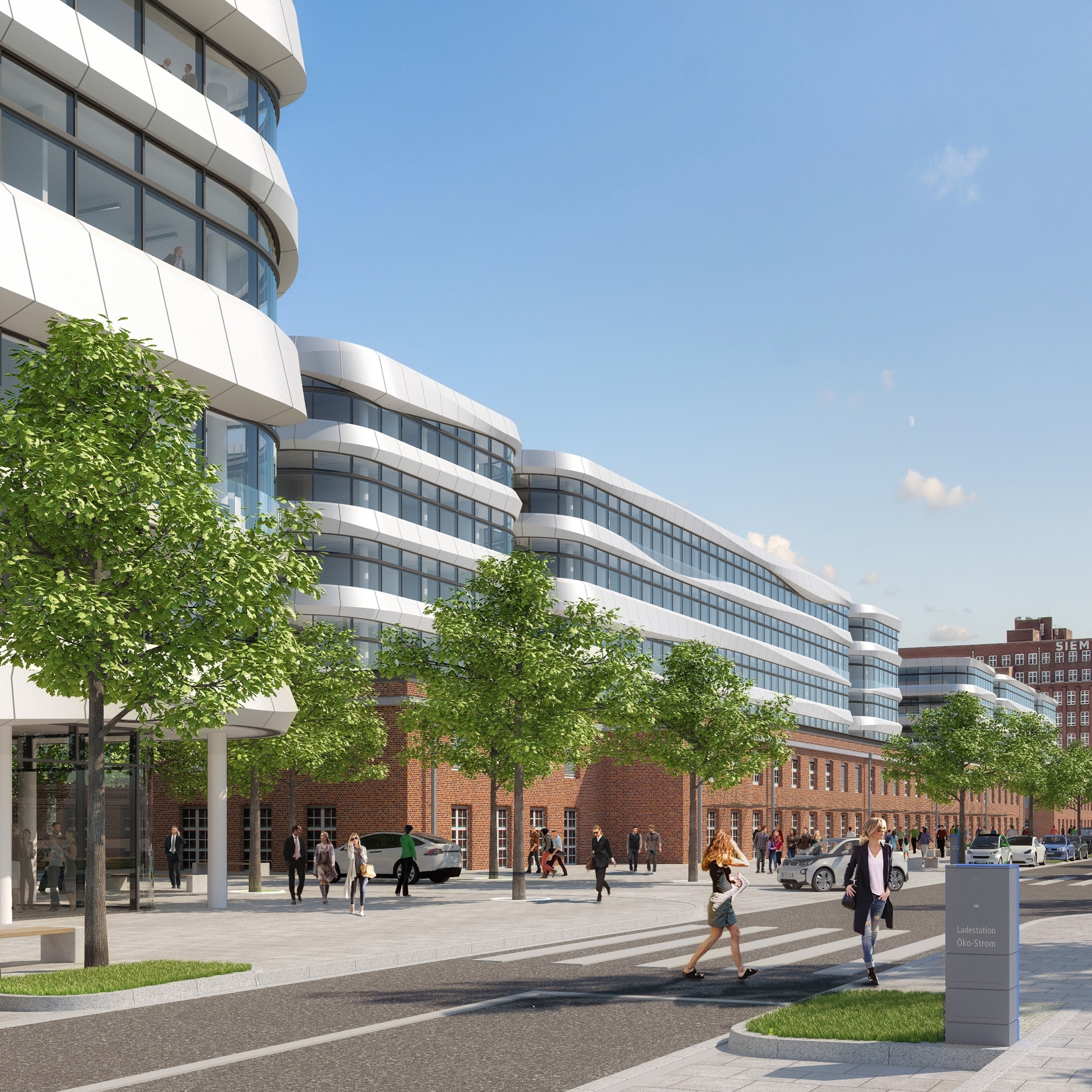 According to
According to 
 An innovative hybrid-power shading solution has been launched which brings all the benefits of motorised blinds with none of the costly power supplies and electrical works to occupants and designers of commercial buildings.
An innovative hybrid-power shading solution has been launched which brings all the benefits of motorised blinds with none of the costly power supplies and electrical works to occupants and designers of commercial buildings. 
 According to new research, the majority (58 percent) of built environment professionals believe the sector is already doing enough to tackle its carbon impact, despite the built environment contributing 36 percent of total global energy-related CO2 emissions, and the most recent available data highlighting that CO2 from operational energy use of buildings reached its highest level yet in 2019.
According to new research, the majority (58 percent) of built environment professionals believe the sector is already doing enough to tackle its carbon impact, despite the built environment contributing 36 percent of total global energy-related CO2 emissions, and the most recent available data highlighting that CO2 from operational energy use of buildings reached its highest level yet in 2019. 
 Holbein Gardens, located at 7 Holbein Place in the heart of London’s Belgravia, will lead the way for future schemes on the road to achieving net zero carbon. Independent multidisciplinary engineering consultancy
Holbein Gardens, located at 7 Holbein Place in the heart of London’s Belgravia, will lead the way for future schemes on the road to achieving net zero carbon. Independent multidisciplinary engineering consultancy 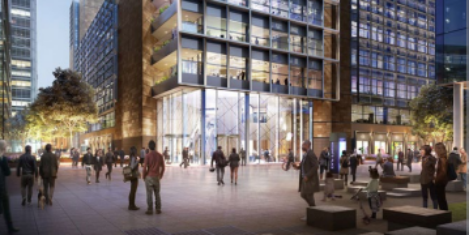
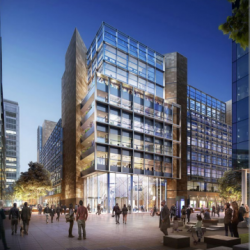 Research from
Research from 
 The World Green Building Council (
The World Green Building Council (






